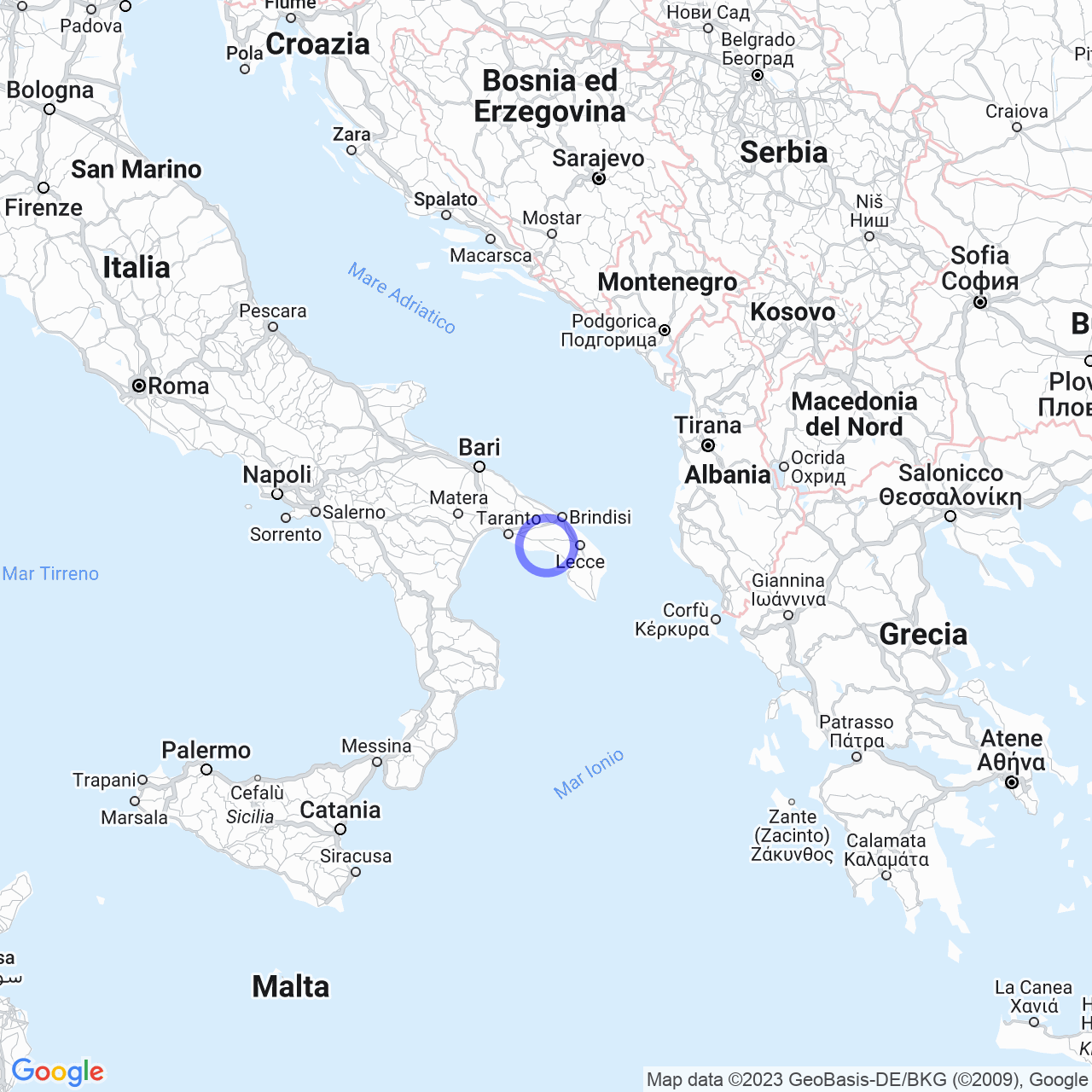Avetrana
The Discovery of the Body
After days of searching, on September 6, 2010, Sarah's body was found buried in the "Forte a Matarese" farmhouse, a property owned by the Misseri family, a few kilometers from Avetrana. The discovery was announced on live television by the Rai program "Chi l'ha visto?" where Sarah's mother was present.
The discovery of the body made the situation even more dark and dramatic, fueling the interest and curiosity of the media and the public opinion.
The Investigation and Arrest of the Misseri Family
The investigations initially pointed towards a kidnapping hypothesis. However, the first testimonies began to suggest the possibility that the Misseri family was involved in the murder. On November 15, 2010, Sabrina and Cosima Misseri were arrested on charges of premeditated murder and hiding a body.
During the interrogations, a complex and dramatic story emerged, characterized by disturbing aspects of violence. Sabrina admitted to strangling Sarah with a religious halo, wrapping her in electrical cables, because the victim had insulted her mother, and hiding the body in the basement.

The Trial and the Conviction
The trial was opened on June 26, 2011. During the hearings, the reconstructions and confessions of Sabrina and Cosima were heard, who, however, backed down, retracting their previous statements and supporting the theory of complicity in the suppression of the body without knowing about the girl's death.
On June 4, 2013, the Taranto Assize Court sentenced Sabrina and Cosima Misseri to life imprisonment, as they were considered the material and moral authors of the premeditated murder of Sarah Scazzi, and Michele Misseri to eight years in prison for body concealment and evidence tampering. Carmine Misseri was instead sentenced to four years and eleven months for complicity in body concealment.
Conclusions
The Avetrana murder case caused a stir in Italy and was widely discussed by the media. Sarah Scazzi's murder highlighted the complexity of family relationships and tensions between generations, as well as the importance of tougher penalties for crimes of violence and body concealment.
